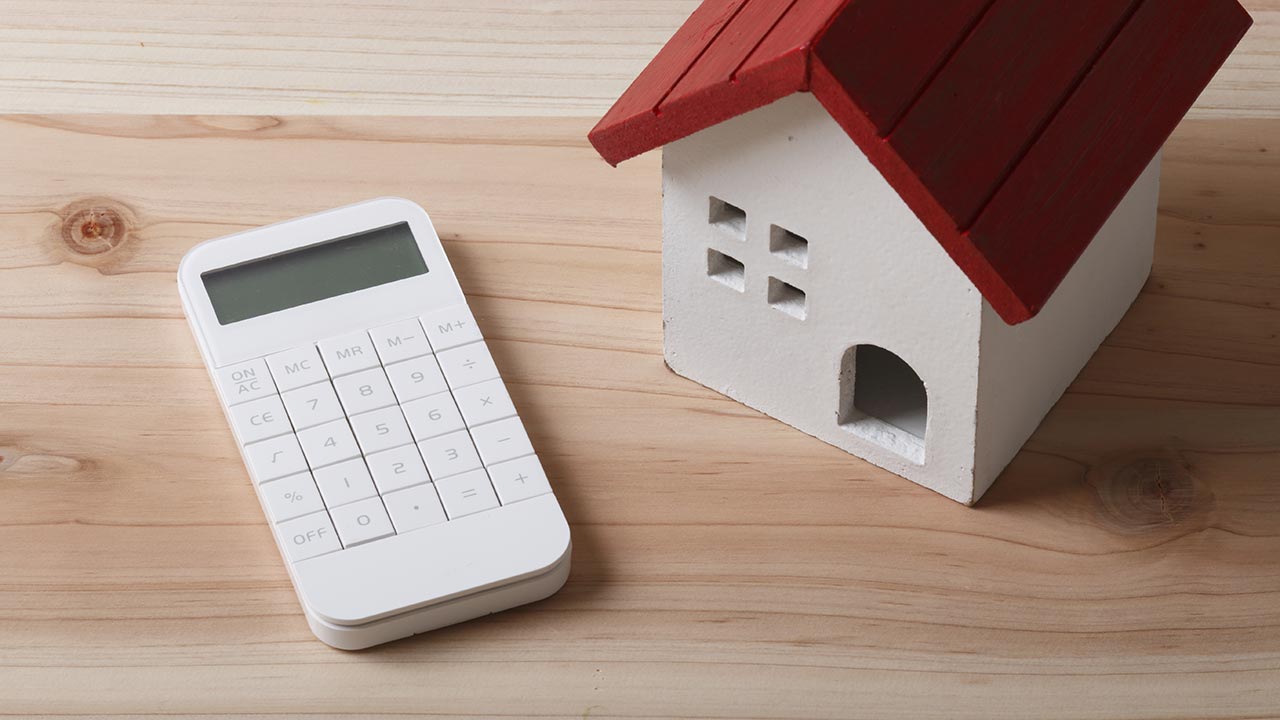
The entire homebuying process can take a long time. Imagine all the homes you have to look at before you find “the one.” Even after you’ve negotiated a deal and your offer is accepted, there’s still the escrow period to have to go through, which can be a lengthy process itself.
Many things can happen during this time that can delay closing, which can be incredibly frustrating for both you and the seller. That said, there are things you can do on your part to ensure there are no hiccups along the way so you can close the deal and finally get the keys to your new abode.
1. Get Pre-Approved For a Mortgage
Sellers usually want to see that buyers are already pre-approved for a home loan before they even accept an offer. Before you even make an offer, make sure you get a mortgage pre-approval.
Getting pre-approved for a mortgage will not only help you find out what you can afford and show sellers that you are a serious buyer, it will also help you get your home loan application finalized faster compared to those who haven’t been pre-approved.
2. Be Cautious With Your Spending and Borrowing

Now is not the time to be making large purchases on credit. Once the mortgage approval process has started, you’d be well advised to keep your spending under wraps for the time being. Your lender is basing your mortgage approval on the information you’ve already provided, including the amount of debt that you currently carry.
If you add more debt to the books, your lender may have to backtrack the process, which can cause a delay in closing and possibly even result in a rejected application. Wait until after the deal closes to make any large purchases on credit.
3. Gather All Necessary Documents
You’re going to have to submit a number of documents before financing is approved. You’d be doing yourself a favor by getting all the necessary paperwork together even before you start looking for a home. While some documents may be quick and easy to obtain, others can take some time. Gather information such as your tax returns, pay stubs, bank statement, and a letter of employment.
The better prepared you are with this documentation, the faster your mortgage can get approved and processed. Your mortgage specialist will tell you what documents you will need before you even start the procedure. Many times closings get delayed simply because all the necessary information isn’t available if the buyer failed to submit it all in a timely fashion.
4. Understand All Documents That May Have to Be Signed

When buying a home, there will be a slew of documents that you will have to sign. You should take some time to get acquainted with this paperwork so you know what you’re signing.
Your real estate agent will be able to fill you in on the exact documents that you can expect to sign in your particular transaction, such as the loan documents, deed, title transfer documents, disclosures, affidavits, and so forth. Just be prepared to put your John Hancock on a lot of paperwork, as real estate transactions cover a lot of legal ground. Knowing what you’re signing can help avoid any unnecessary delays caused by confusion over the documentation associated with closing.
5. Ensure That You Have Enough Money to Cover All Closing Costs
The purchase price itself is a pretty hefty amount, but your expenditures regarding a home purchase don’t end there. You’ll be expected to dish out more money to cover all the closing costs associated with your transaction, such as loan origination fees, appraisals, title search fees, title insurance fees, underwriting fees, surveys, and so forth.
Generally speaking, buyers pay anywhere between 2% to 5% of the purchase price of their homes in closing costs. Clearly, that number can really add up, and you’ll want to make sure that you’ve accounted for these costs before the deal closes. Once you have an idea of how much you could be spending before the deal goes through, do your best to have this money easily accessible before closing day comes. If not, escrow may be delayed as you scramble to get access to the funds needed to cover your closing fees.
6. Schedule Your Final Walk-Through Appropriately

Buyers have the right to visit the property right before closing to make sure that it is in the same condition that it was in before they agreed to purchase it. If any damage has been done to the home or any fixtures have been removed, you can argue that before the seller is off the hook.
It’s a good idea to pencil in this final walk-through close enough to closing that it gives the sellers less time to make any changes, but far enough in advance to give you plenty of time to conduct a thorough inspection of the property and make any necessary complaints.
The Bottom Line
Nobody wants to experience a delay in closing. It’s costly, it’s time-consuming, and it’s downright frustrating. Having said that, there are a number of things that buyers can do to avoid any unnecessary delays in the closing process. Your real estate agent will have plenty of suggestions for you to ensure a streamlined escrow process, so be sure to heed this advice to stay on track to a quick closing.